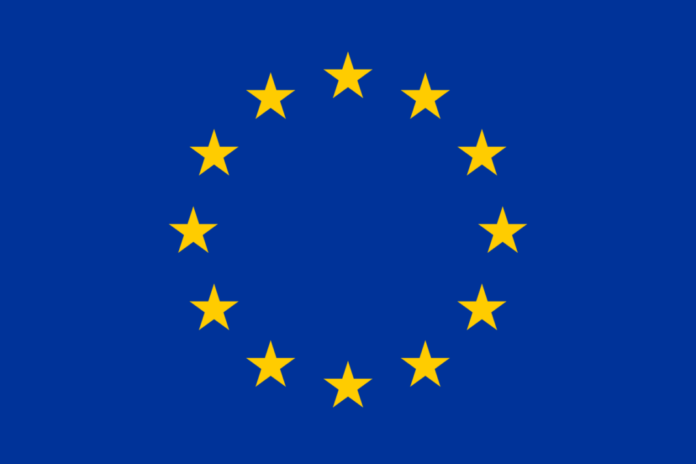The 10.3-meter vessel designed and built-in Somalia will provide a flexible arrangement suitable for both fishing and training.
The vessel is just one improvement in the fish supply chain aiming to deliver fresh, safe and nutritious fish to consumers in Somalia and abroad, the EU and FAO said in a joint statement issued in Mogadishu.
“We are confident our support develops skills in the private sector that can lead to better fishing and job opportunities, especially for the young people of Somalia. The European Union is proud to support the efforts of FAO and local authorities of coastal communities,” said Nicolas Berlanga Martinez.
He said three of these new vessels, designed by FAO, have been made by Hidig Boat Factory in Bosaso, under the EU funded Coastal Communities Against Piracy (CCAP) project.
“Alongside solar powered flake ice machines and refrigerated transport vehicles supplied through the Coastal Communities Against Piracy Project project, the interventions are not only boosting production and livelihoods, but generating new job opportunities for the nation’s youth,” said John Purvis, FAO’s CCAP Project Manager in Somalia.
The vessels feature a low power, low emission diesel engine, with fuel consumption lower than any outboard powered vessel and are also equipped with modern electronic navigation and safety gear.
The vessels include the hydraulic capacity for modern low impact fishing techniques, which will be introduced as part of the training curriculum under a recently launched EU funded project called Resilient Fisheries and Livestock Value Chain for Inclusive and Sustainable Growth in Somalia.
FAO said it will continue to provide technical support and training to fishing communities across Somalia boosting skills and improving livelihoods for fisher men and women.





